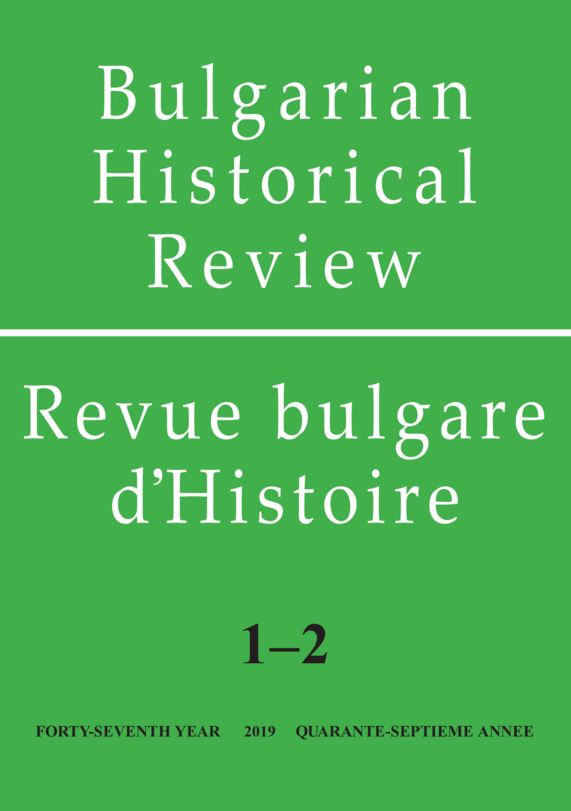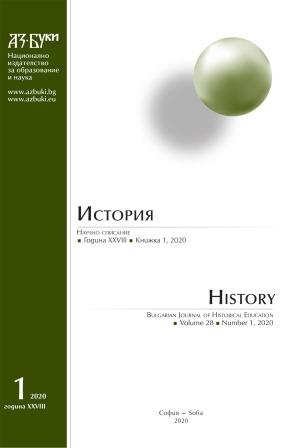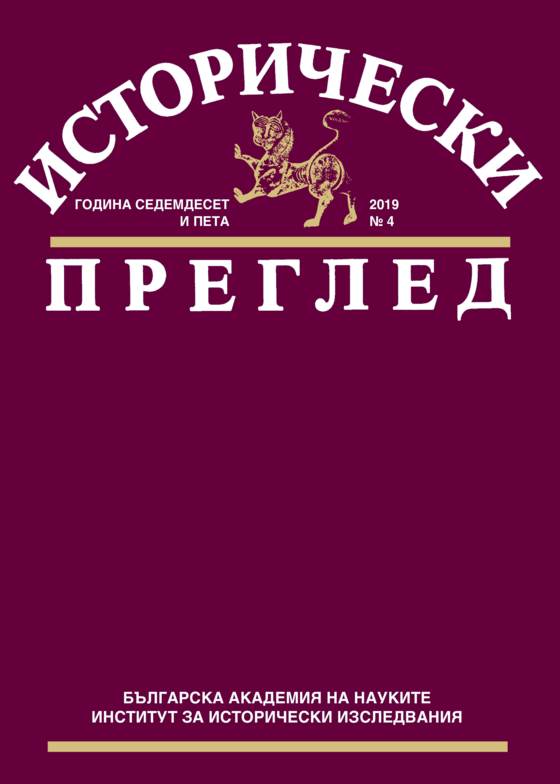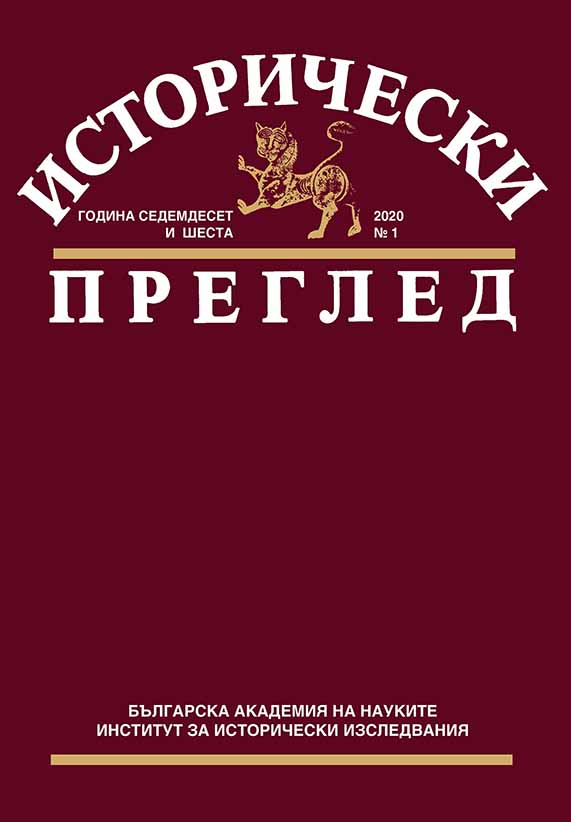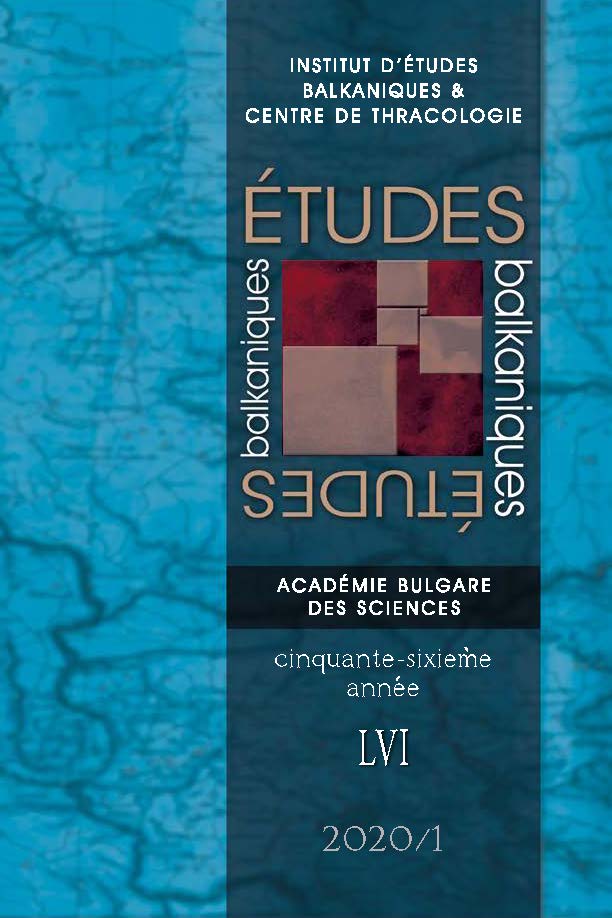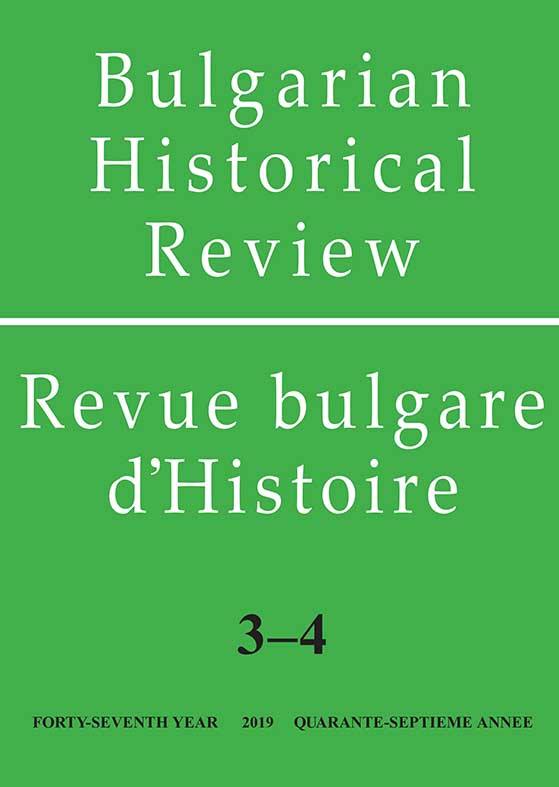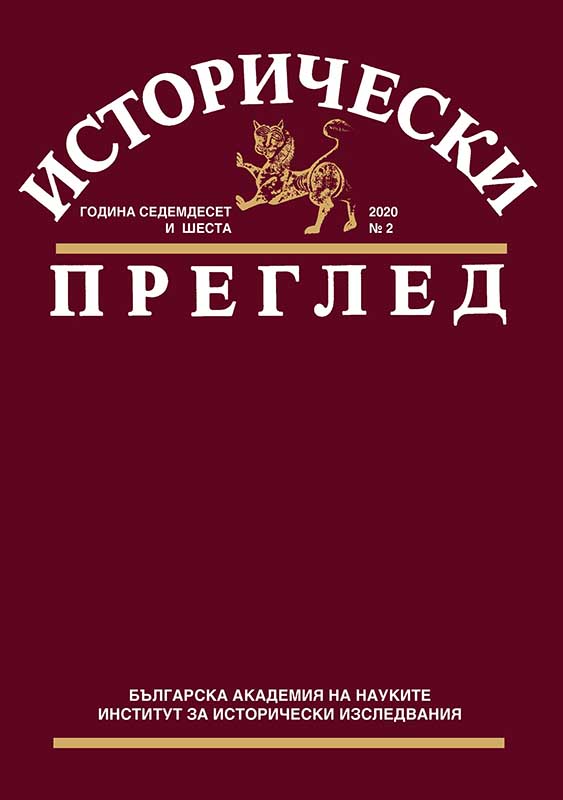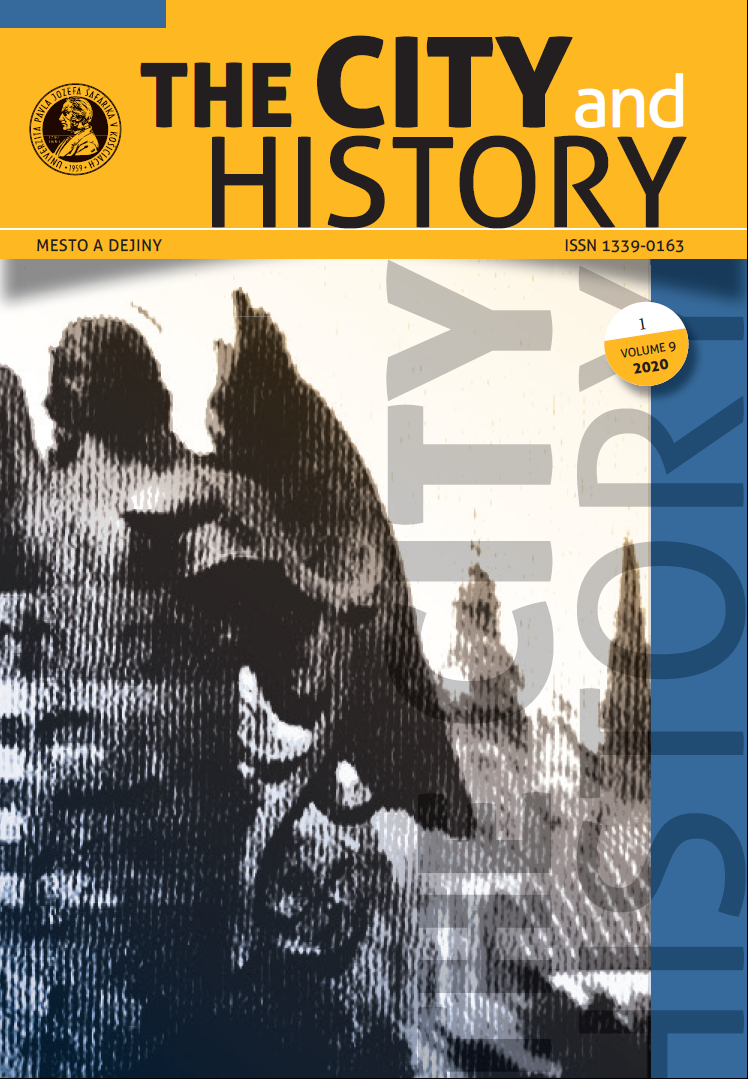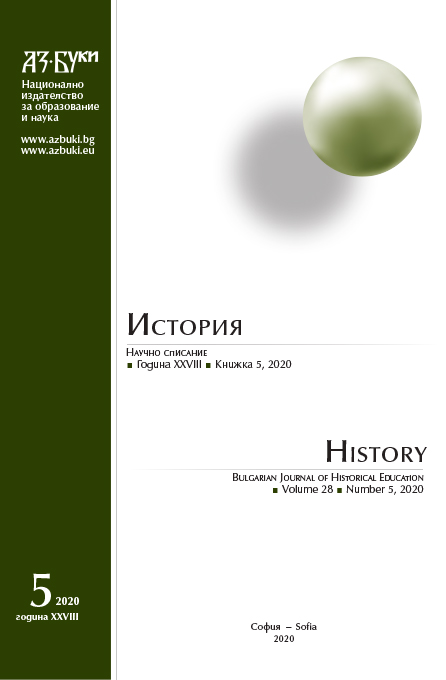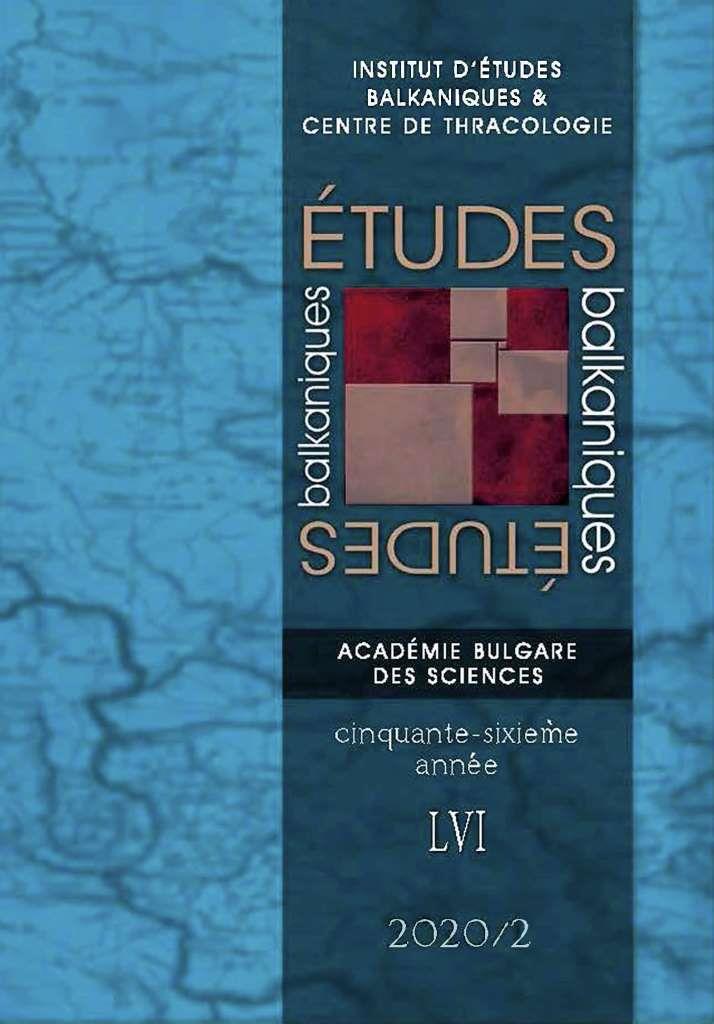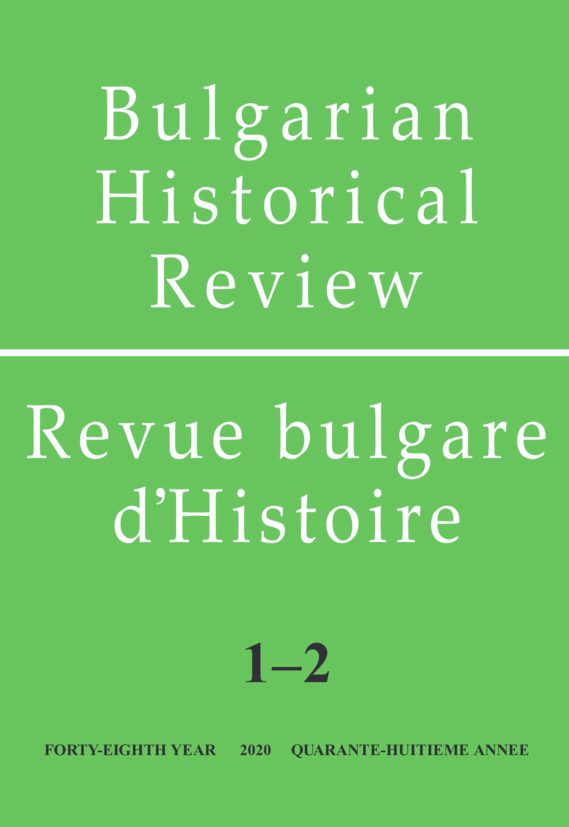Author(s): Snezhana Dimitrova / Language(s): English
Issue: 1-2/2019
This article will study the biographical case of Dorina Simpson, nee Nenchova Ilieva, the particular case of one woman’s persistence, struggle and quest for justice within two very different societies in transition: the fast-communizing post-bourgeois Bulgaria between 1944–48, and the transforming colonial Mauritius of 1950–60, and postcolonial of the 1970s. It focusses on the very dark legacy of the Soviet revolutionary experience – the communist terror, in a way that continues the productive dialogue with Neelke Doorn’s research in the role played by forgiveness, reconciliation and empowerment in transitional justice. It shows how and why forgiveness and reconciliation of Dorina Simpson’s painful past (that of the “communist terror”) occurred within her lifetime, and thereby stresses what else helped her to overcome her social trauma (the broken, emotional relationship with her Bulgarian past and its surrounding world, as a survivor of the ensuing effects of the communist terror).By acknowledging the historicity of one woman’s empowerment and analysing the diverse and complex resources of her distinct woman’s economy – of “enjoying the possibility of risk taking, and a kind of openness” (Cixous/Mitchell), this study will support Tzvetan Todorov’s statement that the “attitude to be a rescuer is not inherent in concrete national tradition or social milieu, but is a question of personal choice”. So, how and why did Dorina Simpson make such choices, extending a helping hand to the excluded others, often in crisis situations, putting at risk her present and future? By searching for some answers, this text deals with Dorina Simpson’s particular legacy, namely – her distinct charity work in colonial and postcolonial Mauritius, and her autobiographical writings, Where Do You Come From?, both transgressing norms and rules to unveil the politics that tend to corrupt.By enhancing the concept of woman’s economy, within the capitalist economy of gift exchange relationships, it emphasizes the role of women’s cultural intermediation between the fields of political and social powers, and this role is a story of woman’s empowerment within unjust transitional societies. So this study shows why social productiveness of her female persistence, struggle and quest for justice ended in involving “both justice, as acknowledgement of wrongs and absence of structural inequalities” (Honneth/Doorn) for the helpless, one woman obtained another ‘profit in return’, the affective one – she dealt with her historical trauma.This study is based on Dorina Simpson’s private archive and documents in national archives (Bulgarian, British, and Italian) and international organizations (the World Health Organization and World Federation of Mental Health, ICRC), to which I was led by discovering the specific loci of her social exclusion and prestigious recognition. And it is conceptualized within a microhistory paradigm, sharpening the scholar’s attention to the uniqueness of human experience and hence to the fears, premonitions, dreams and yearnings of the separate being; so that its approaches remain very sensitive to how individuals experience historical events by contesting the paradigms of norm and power.
More...
